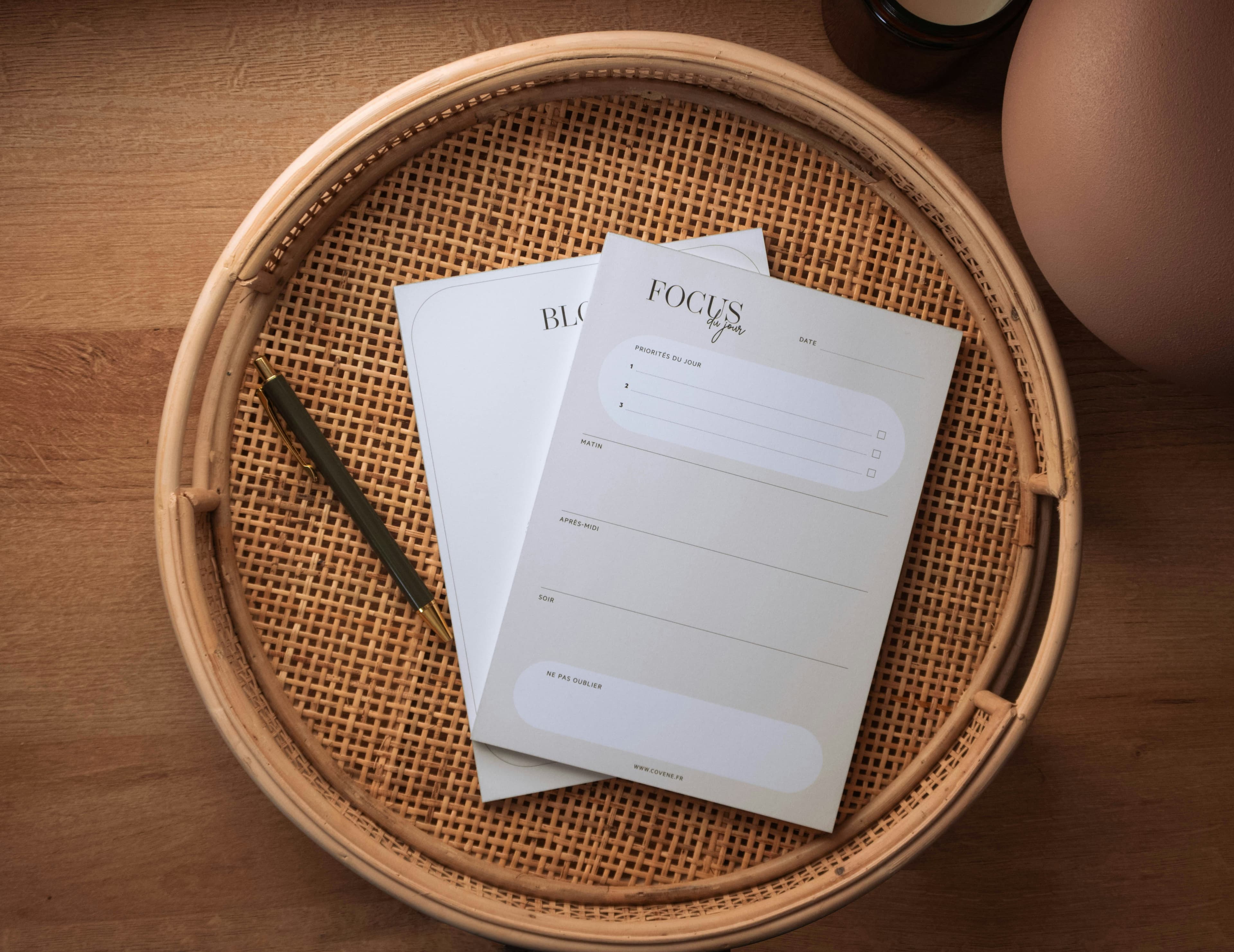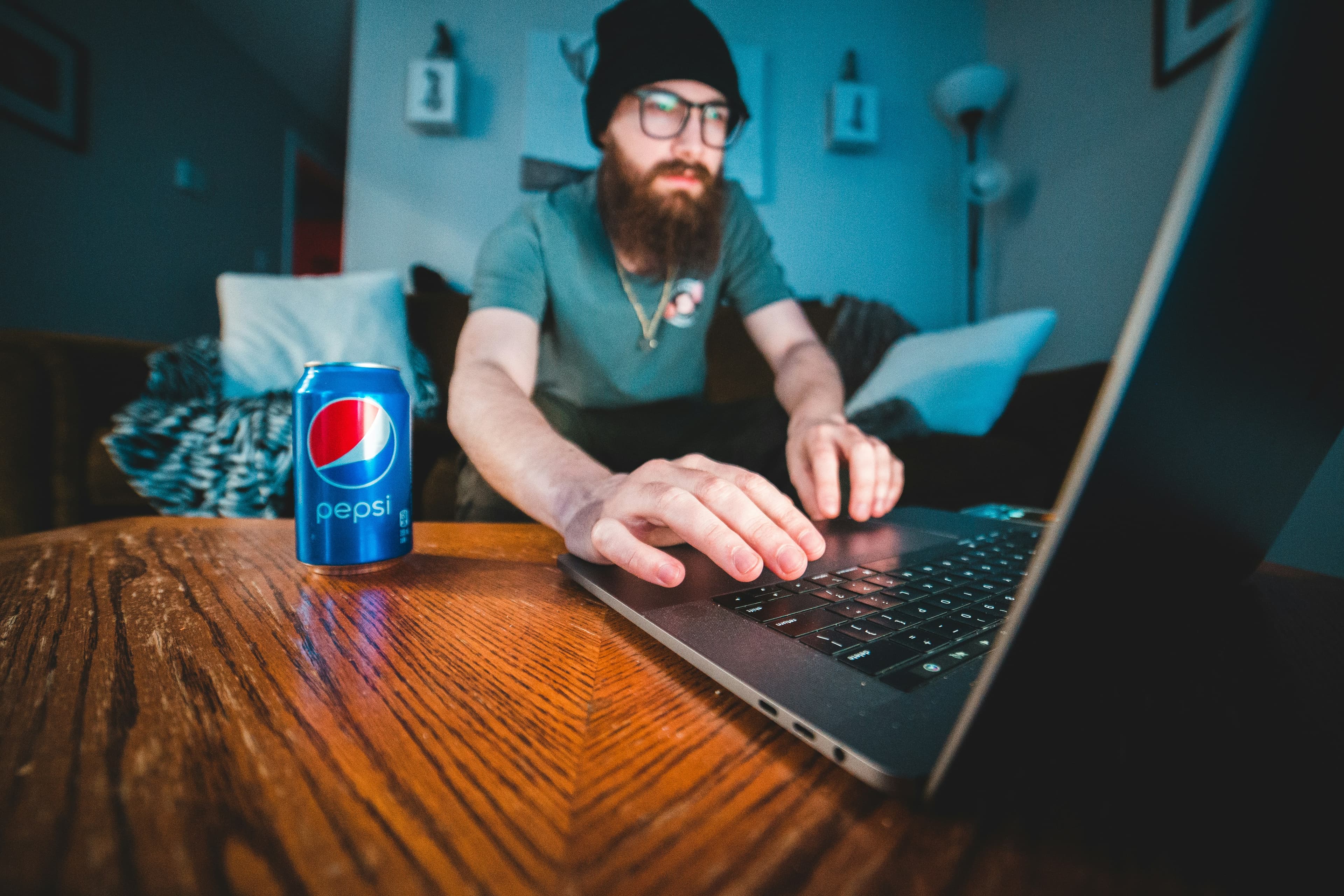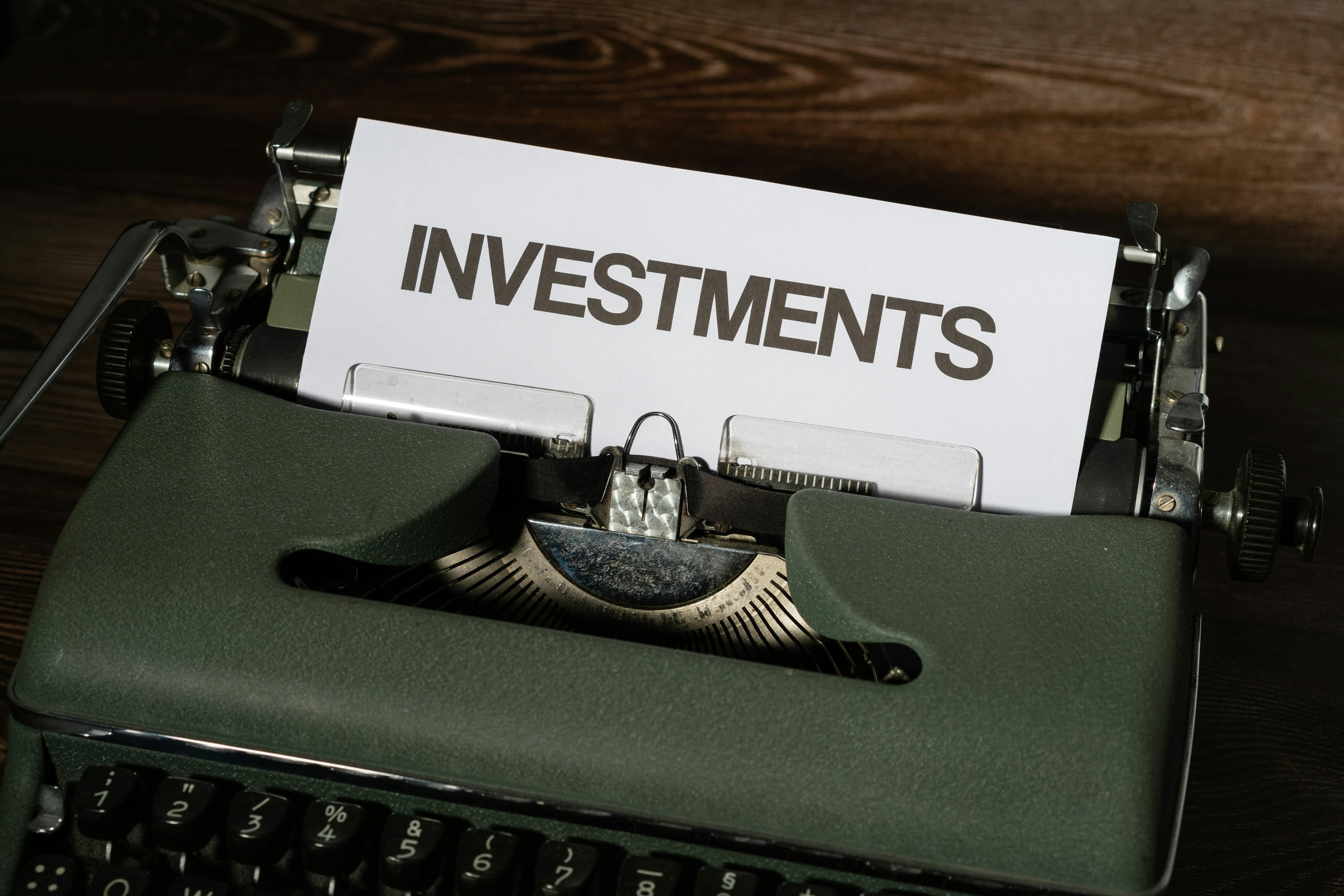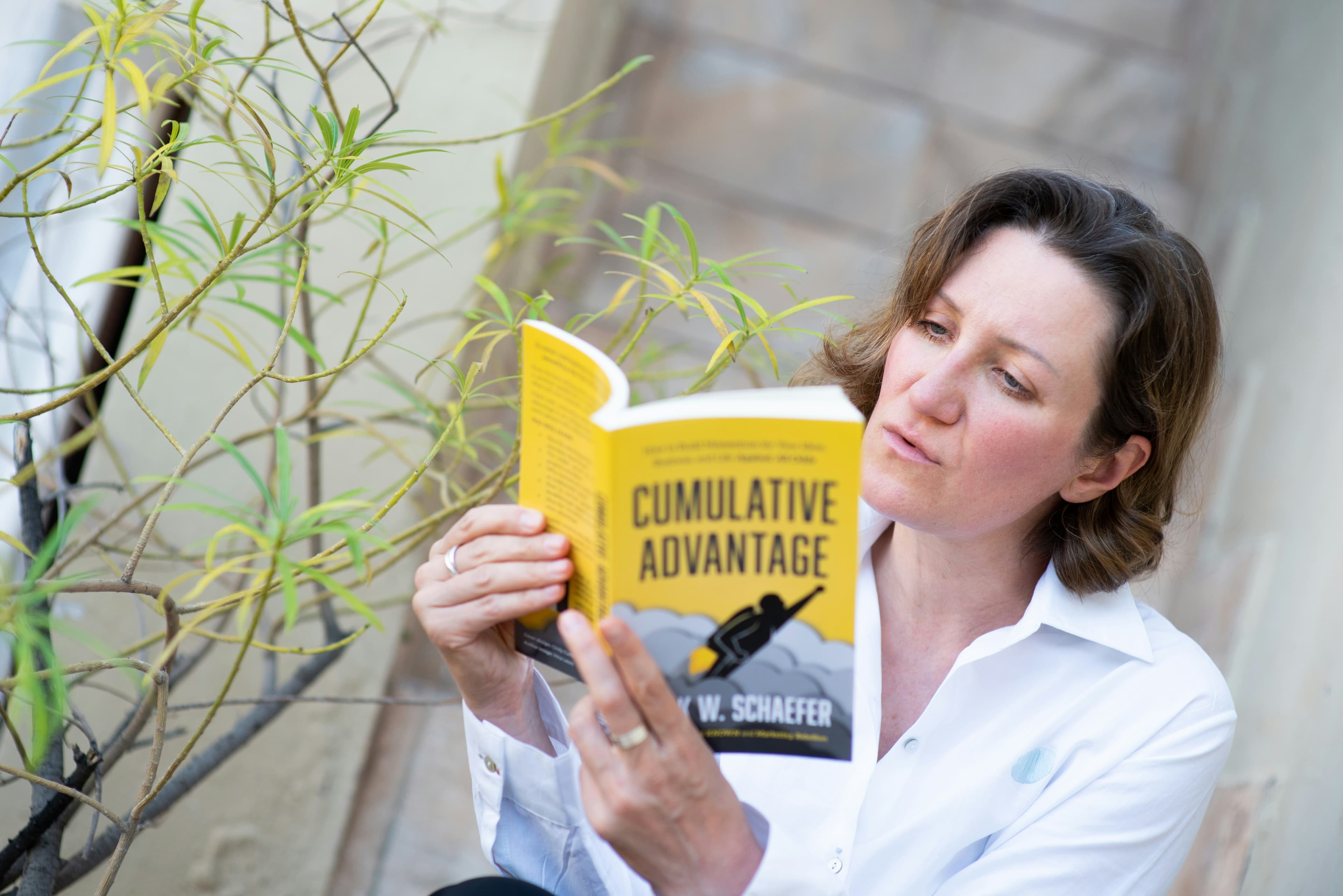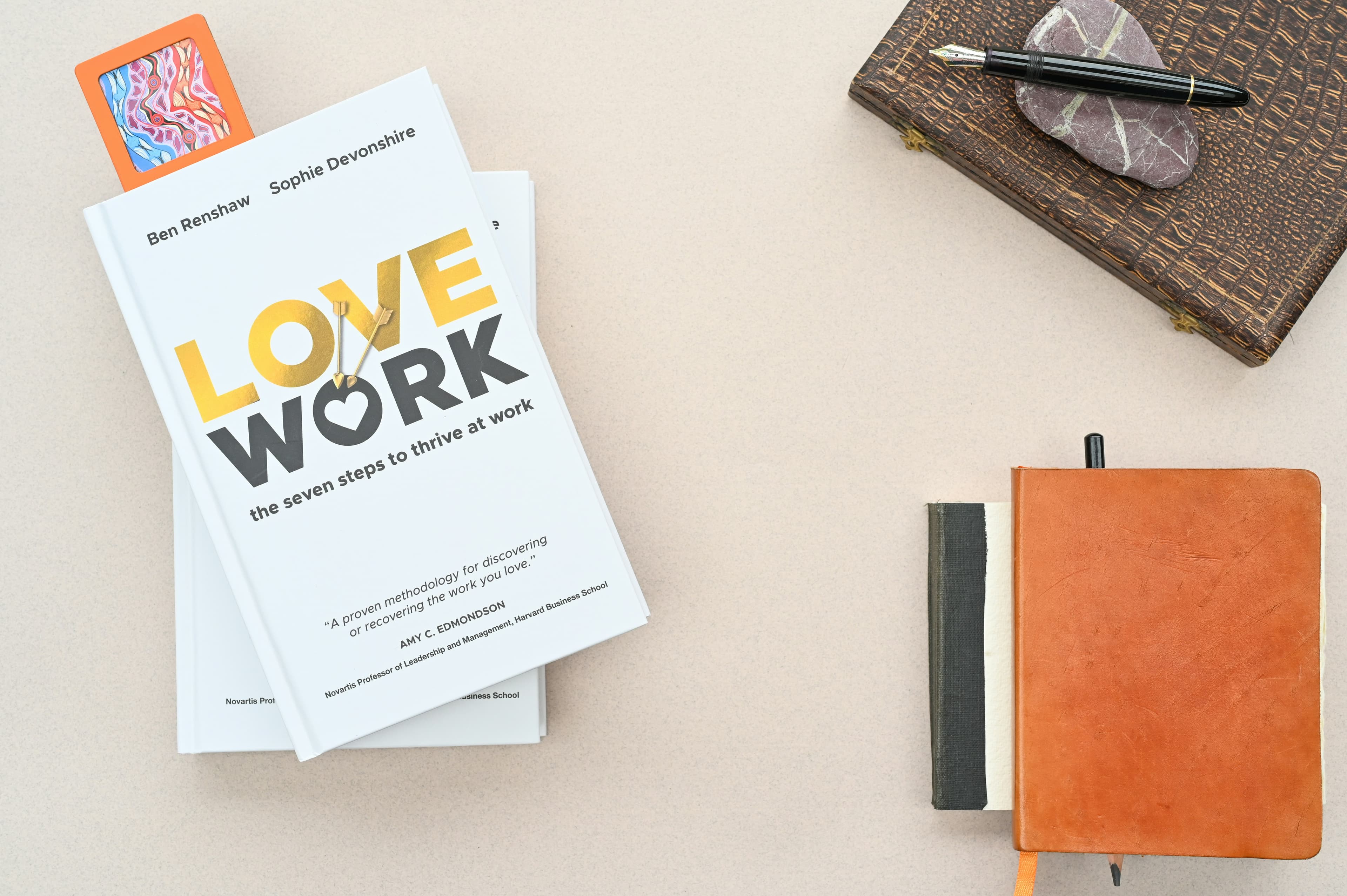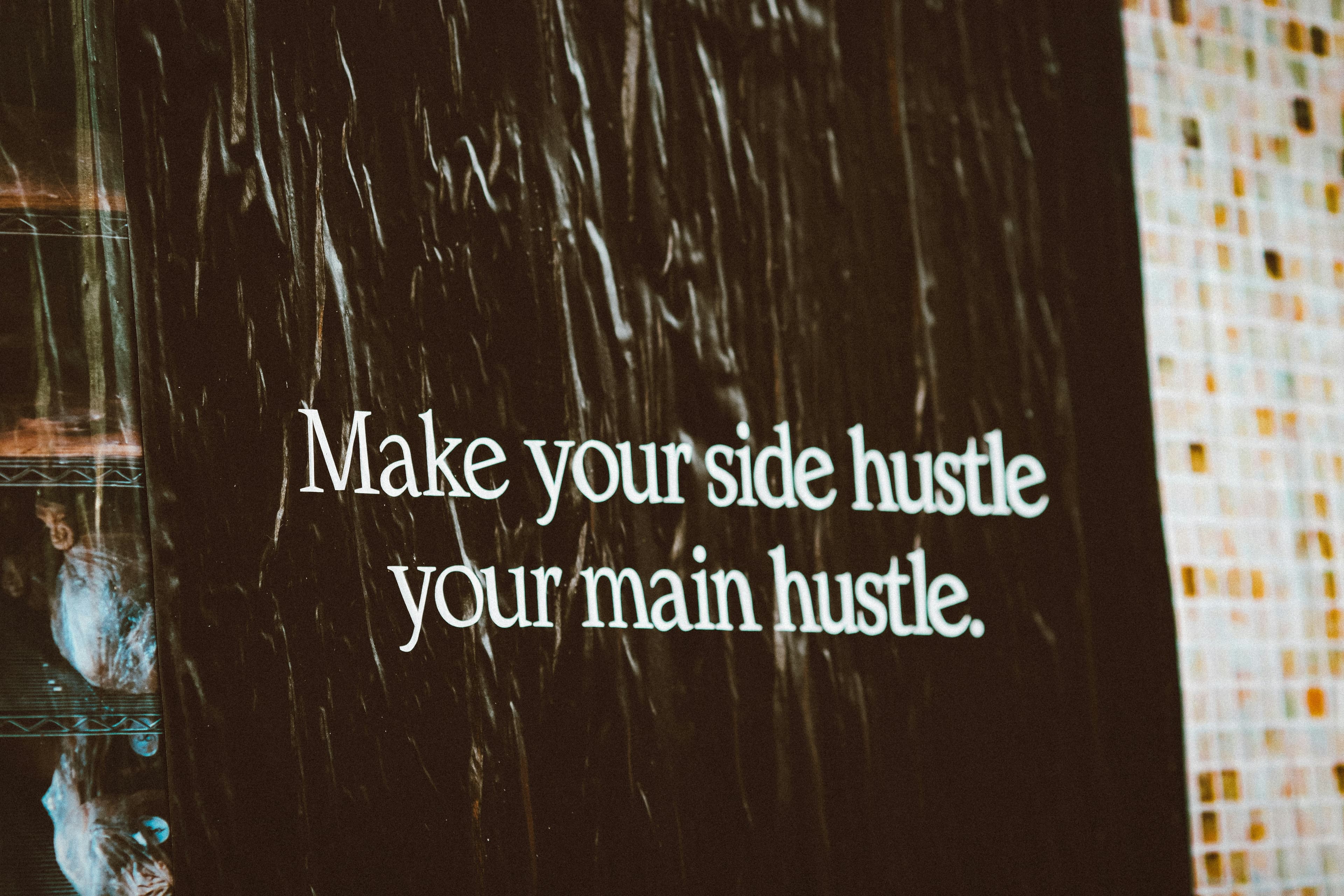My Side Hustle Made Me Rich, Then Broke Me
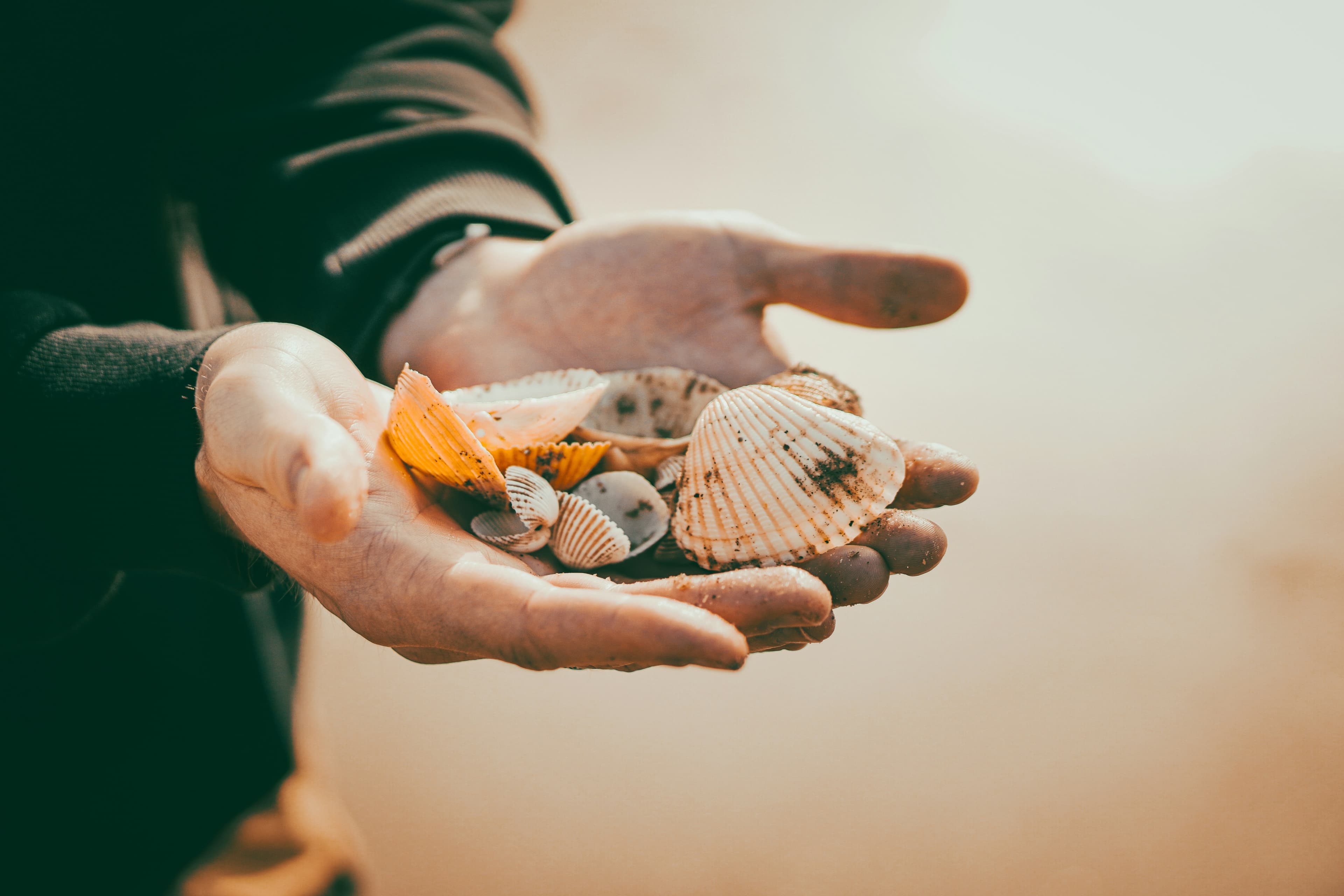
There’s a point where making more money doesn't make you any happier. Hedge fund manager Ray Dalio talks about this—the law of diminishing returns. Once you have enough, chasing more can have negative consequences. It’s a lesson I had to learn the hard way.
You’ve probably heard the old story about the American businessman on vacation in a small Mexican village. He sees a fisherman with a few large tuna and asks why he doesn’t stay out longer to catch more. The fisherman explains that he catches just enough for his family, then spends the rest of his day sleeping in, playing with his kids, taking a siesta with his wife, and playing guitar with friends in the evening.
The businessman, a Harvard MBA, scoffs. He lays out a 20-year plan: fish more, buy a fleet of boats, open a cannery, move to a big city, and eventually take the company public to make millions. “Then what?” the fisherman asks. “Then you retire!” the businessman says. “You can move to a small coastal village and sleep late, fish a little, play with your grandkids…” The fisherman just smiles and walks away.
That story hits close to home because, for a while, I was that businessman. I had forgotten what ‘enough’ meant. In 2010, my world came crashing down. After staying out late one night, consumed by stress over my financial situation, I had a panic attack at 1:00 a.m., passed out, and woke up in the hospital. I had become what Chinese Buddhists call a ‘hungry ghost’—someone so consumed by greed that nothing is ever enough. I had a successful business, but I was miserable.
The Treadmill of a Job I Hated
To understand how I got there, we have to go back to 2001. I was stuck in a soul-crushing investment banking job, living paycheck to paycheck with my wife and our new baby. We’d argue over things like buying organic baby food because I was pinching every penny. I followed the script my parents gave me: get a good education, get a good job. I did, but the job was a nightmare. It was a high-pressure, commission-only gig that involved cold-calling business owners. I faced constant rejection and had a micromanager for a boss. Every morning, my alarm clock felt like a death sentence.
The commute was long, the work felt dishonest, and I had no control over my income. I was so drained that I’d come home with no energy to even speak to my wife. The thought of felt like a lifeline, but I had no idea what to do.
A Conversation That Changed Everything
Fate stepped in one evening over beers with a new coworker. He told me about his side hustle: flipping raw land he bought at county tax-foreclosure auctions. It was like a lightbulb went off. This felt like a real opportunity, a form of that made sense. I spent my nights and weekends researching, driven by the desperation to quit my job.
I took the biggest risk of my life at an auction in New Mexico, spending our last $3,000—money we’d saved for car repairs—on a few parcels of land. My wife was terrified. “What if you can’t sell it?” she asked. I tried to sound confident, telling her that worst-case, we owned a tangible asset. Thirty days later, I had sold every parcel, turning that $3,000 into $12,000. It was a 300% return.
That first taste was all I needed. I reinvested the $9,000 profit into another auction. Over the next six months, I brought in more than $90,000. It became clear that this was one of those rare . Over the next 18 months, I worked relentlessly to build systems and blueprints for the business. I was on a mission to prove that this was repeatable and that I could quit my job for good.
When Success Becomes the Problem
I did quit. And the business exploded. By 2005, I was making over $800,000 a year working just a few hours a day. My parents, who were once mortified by my decision, were now asking me to invest their money. My wife and I finally felt secure. But success brought a different kind of problem.
I fell victim to what I call Parkinson’s Law of Money: spending always expands to consume income. We bought a million-dollar house, put our kids in expensive private schools, hired a nanny and a housekeeper, and ate out constantly. I bought a Lexus just because I could. I became complacent in my business, more focused on hiking and playing Xbox than on innovating. I was chasing false symbols of success because, deep down, I didn’t feel like I was enough.
The more we made, the more we spent. We were trapped in a prison of our own expenses, and true financial freedom was always just out of reach. We were living a life of excess, and our marriage was suffering for it. Then the 2008 recession hit.
My income started to drop, and we had to dismantle our lifestyle piece by piece. The housekeeper, the nanny, the private schools, the Lexus—all gone. We short-sold the house and moved into a small rental. My ego was shattered. That’s when I had the panic attack that landed me in the hospital.
Finding What's Truly Enough
The crash was a blessing in disguise. It forced me to re-evaluate everything. As we lowered our personal overhead, we became happier. We had family game nights, went hiking, and reconnected. My marriage grew stronger, and my kids became less spoiled.
With a clearer head, I focused on my business again, this time on innovation and automation. It began to thrive, built on a foundation of solid systems that generated . This wasn't just about a successful transition anymore; it was about designing a life. We learned to live comfortably on a budget, spending money on experiences like family vacations instead of things. The best part? When we come home from a trip, there's more money in our bank account than when we left, all thanks to the my business generates.
I realized that aren't just about making money; they're about creating freedom. I’m no one special. I just found an opportunity when I was at my breaking point and had the motivation to see it through. It turns out that some of the come from solving your own biggest problem. My goal now is to be the pebble in the pond—to help other people find their own path, whether it’s through a or something that becomes their full-time passion. The key isn't just making money, but creating enough to free yourself to do what truly matters.
